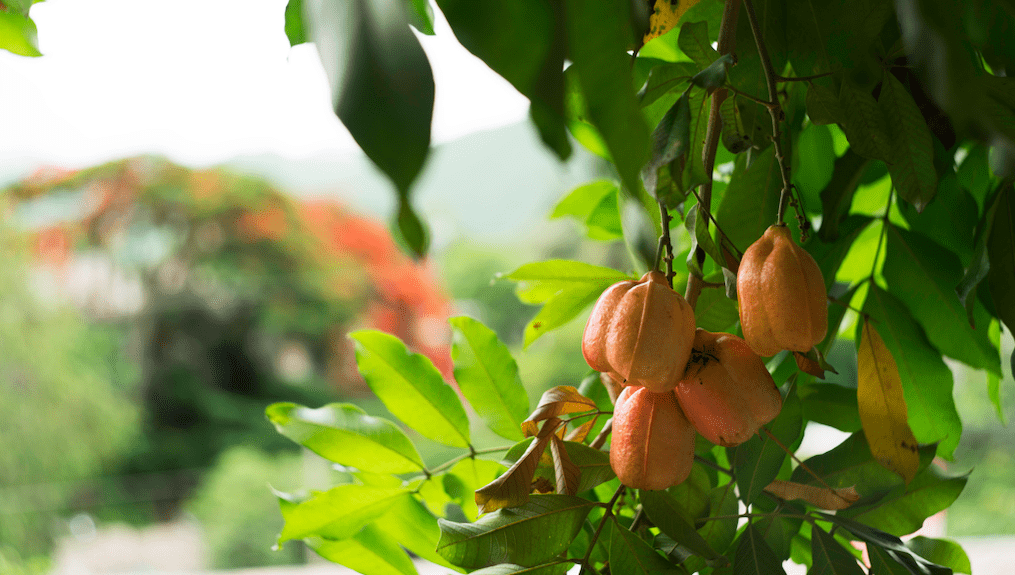Did you know that Georgia has been the United States number one pecan producing state since the late 1800’s? If you live in the state of Georgia, or you maintain Georgia pecan trees elsewhere, then you probably understand the plant care basics. However, as it goes with most plants, when you begin to recognize an unhealthy pecan tree— it can often be too late.
With thousands of mature pecan trees around the US, many groupings of trees can become sparse and produce erratically. While typically, there isn’t a singular reason as to why your pecan tree is failing to produce a crop or poor quality nuts— there are a few things you can keep an eye on. If you’re in need of more specific information, contact Georgia Pecan Nursery today.
If you’ve been looking for tips on how to troubleshoot your Georgia pecan tree care, we’ve got you covered! Your tree or orchard is a living breathing organism that needs to be taken care of properly. In order to maintain healthy pecan trees, and troubleshoot problems before they fully arise, check out our tips and tricks.
Below are 7 things to look out for when troubleshooting the health of your Georgia pecan tree:
- Variety of Your Trees
- Choose Soil Options Wisely
- Remember: Fertilizer is Important
- Your Trees Need Water
- Poor Pollination
- Orchard Overcrowding
- Disease and Pest Infested Trees
Variety of Your Trees
When it comes to your pecan trees, it will prove to be important for you to know the specific cultivar, or variety of your tree. With this in mind, depending on your tree type, pecan plants can vary in production capacity, nut quality and susceptibility to disease and other problems. For example, a variety such as Schely will rarely produce a good crop when trees are unsprayed because the trees are extremely susceptible to pecan scab, a fungus disease.
Pecan tree varieties such as Elliott, Jenkins, McMillan or Syrup Hill, are currently recommended for home planting. These tree cultivars are quite resistant to pecan scab and aren’t usually seriously damaged, giving you an ease of mind.
Choose Soil Options Wisely
Did you know that pecan trees grow best on sandy loam soils with well-drained subsoil? If the growth and production of your trees has been seemingly lacking, you may want to reevaluate your soil choices. Pecan trees planted on poor heavy clays, poorly drained soils and on deep sands will not thrive unless an intensive irrigation and fertilization program is maintained.
The soil you choose to plant your Georgia pecan trees in will determine the growth and production of your trees. Keep your plants happy, healthy, and producing by choosing sandy loam soils with well-drained subsoil.
Remember: Fertilizer is Important
Like any other plant, your Georgia pecan trees need to be properly fertilized to maintain pecan production and a healthy foliage. Lack of lime, nitrogen fertilizer and zinc can be types of common limiting factors in full, ripe pecan production. Be sure to fertilize according to your specific soil and leaf sample recommendations.
Pro Tip: Apply fertilizer in March on your larger Georgia pecan trees. For your younger trees, fertilize in March with 13-13-13, lime and zinc. Then, be sure to apply half ammonium nitrate in April, and the other half in June. Broadcast fertilizer on the surface in a circle twice the branch spread of the tree.
Your Trees Need Water
Your Georgia pecan trees need space for their roots to aerate and access water. Lack of water for any plant, especially during dry periods of summer, frequently results in reduced pecan yields and poor nut quality. In already weakened trees, this can become an even bigger issue.
Remember to choose well-drained soil. This will provide proper drainage for excess water and keep trees watered during dry periods.
Poor Pollination
Keep in mind when planting your Georgia pecan trees, that a single isolated tree usually won’t be effectively pollinated. Most varieties of pecan trees shed pollen either too early or too late to pollinate the female flowers of the same tree. This is why you’ll want to plant at least a tree pair.
If a number of seedling pecan trees or trees of several different varieties are already growing within a few hundred yards, a tree for pollination is probably unnecessary. Another reason you may experience poor pollination, especially if you already have multiple trees, could be wet weather during April and May. Rain often washes away pollen and may restrict movement of pollen by wind.
Orchard Overcrowding
Conversely, while your pecan tree might not produce or pollinate correctly without a friend, orchard overcrowding can still occur! Pecan trees must have good exposure to sunlight to produce good crops— and when limbs from too many trees begin to overlap neighboring trees, all of your pecan trees are at risk of health issues. Be sure to remove the least desirable trees and limbs to prevent overcrowding and maintain healthy trees.
Disease and Pest Infested Trees
As an owner of Georgia pecan trees, you’ve probably heard the term pecan scab before. If not, pecan scab is a disease that can seriously limit the production of nuts on any unsprayed pecan varieties. If your trees are unsprayed, you may want to consider doing so to mitigate disease or pest risk. Even tree varieties that are known to be resistant to scab are at risk of being affected.
Several other diseases or pest infestations can cause early leaf drop and decreased production. Aphids, pecan weevils, hickory shuckworm and several other insects can limit your Georgia pecan tree nut production. Removing and destroying fallen leaves, shucks, nuts or twigs are sanitary measures to help control any insect and disease issues.
While spraying pesticides may not be feasible for all growers, spray recommendations for controlling pecan pests are available from the University of Georgia Cooperative Extension office in your county.
With over 45 years experience in the pecan growing industry and pecan tree sales, Georgia Pecan Nursery is happy to provide our customers with quality nursery stock of pecan trees. We are also available to provide educational information on select pecan varieties, planting pecan trees, maintaining pecan trees, designing orchards, and will discuss results with growers so they can know what to expect. Whether you are a beginner or seasoned grower, we look forward to offering you pecan trees for sale, as well as helping you achieve your goals.
Are you ready to purchase a pecan tree? Visit Georgia Pecan Tree Nursery to find your new pecan tree today.

